Abstract
This article considers an approach to the radical behaviorist interpretation of complex human social behavior. The chosen context is consumer psychology, a field currently dominated by cognitive models of purchase and consumption. The nature of operant interpretation is considered, and several levels of operant analysis of complex economic behavior in affluent marketing-oriented economies are developed. Empirical evidence for the interpretation is considered, and a case is made for the qualified use of the hypothetico-deductive method in the appraisal of operant interpretations of complex behaviors.
Keywords: radical behaviorist interpretation, consumer behavior, economic psychology
Full text
PDF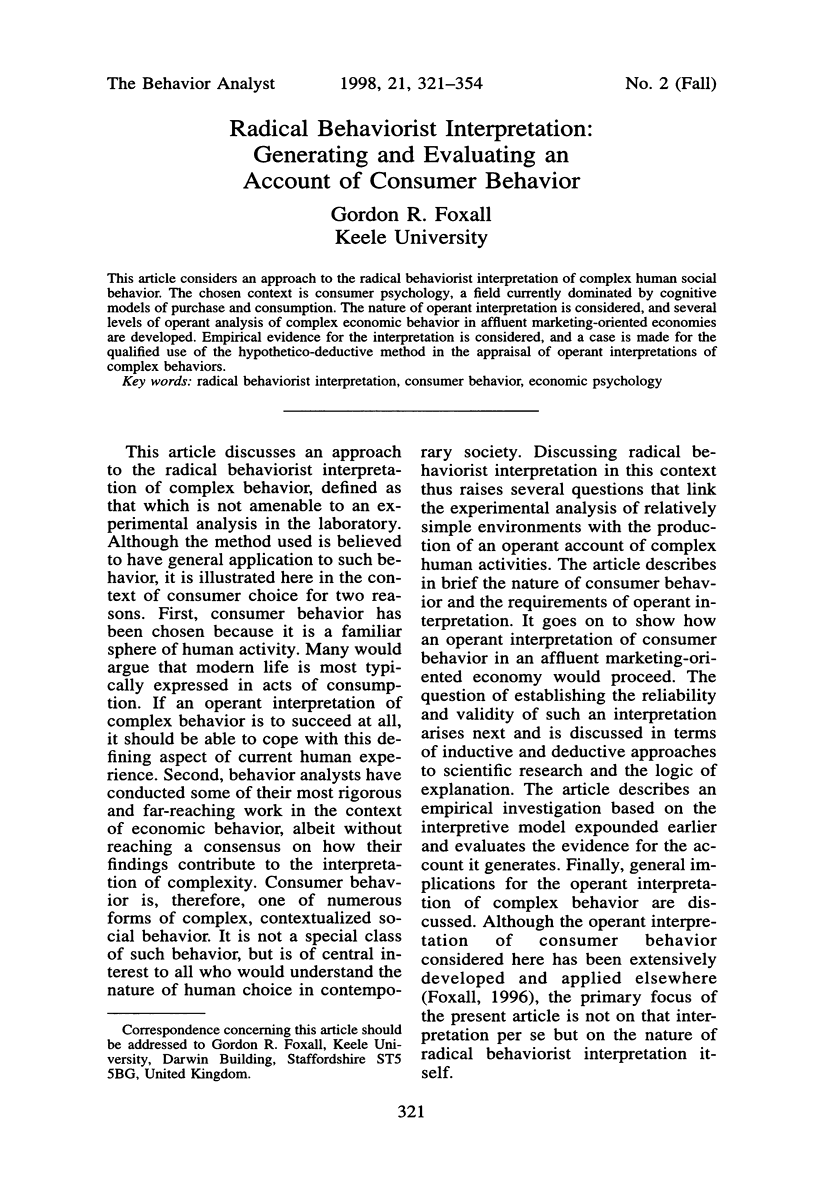
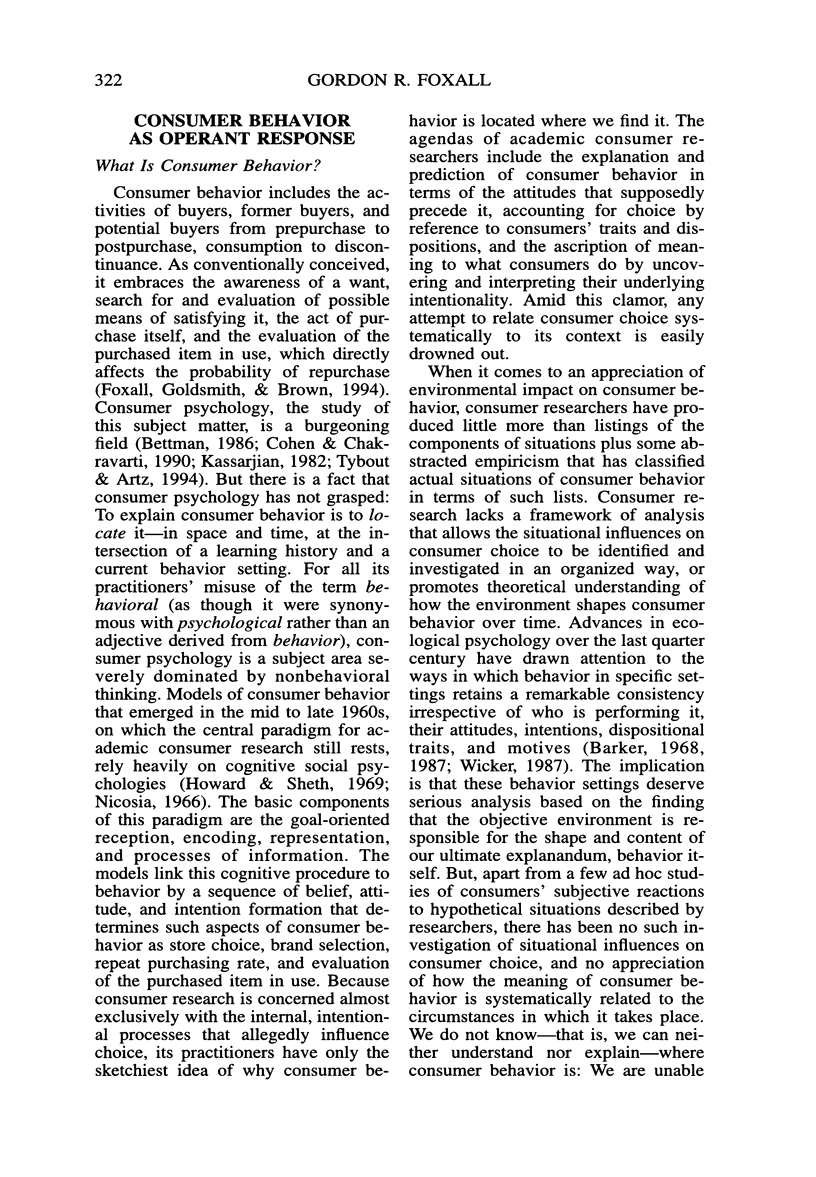
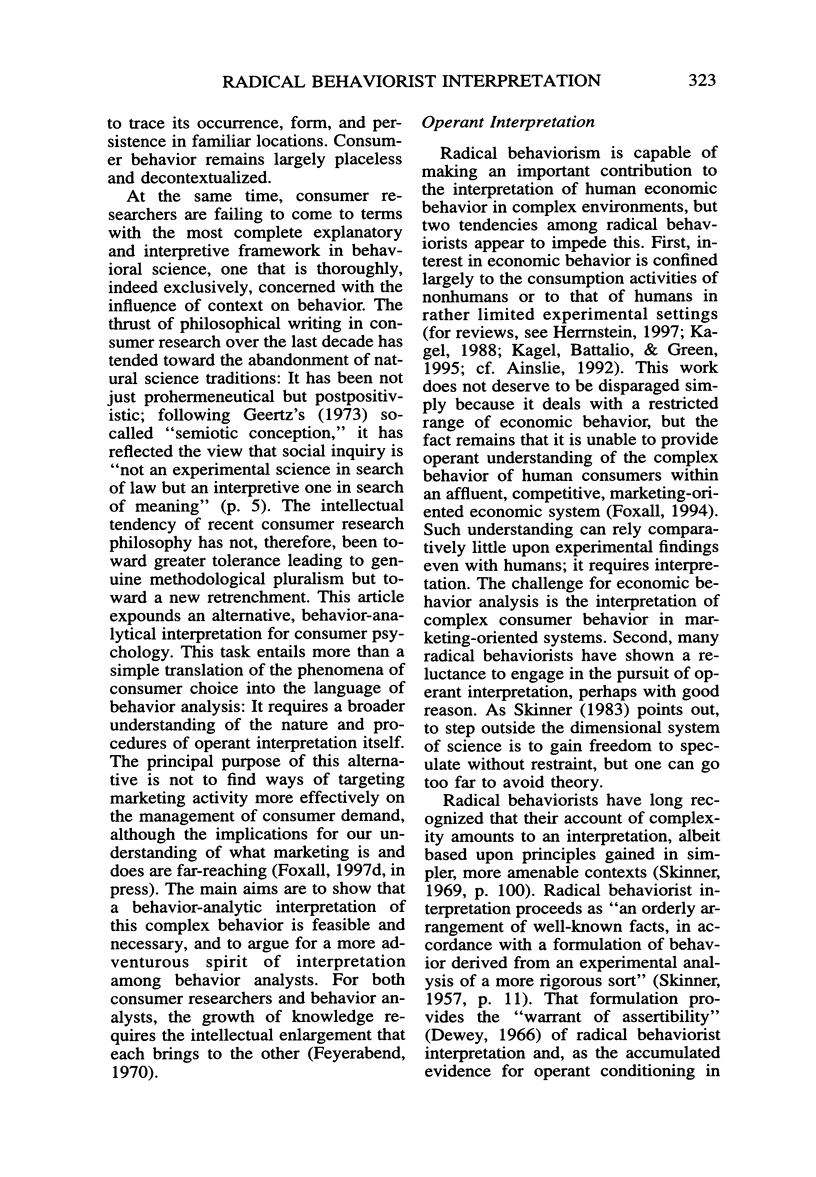
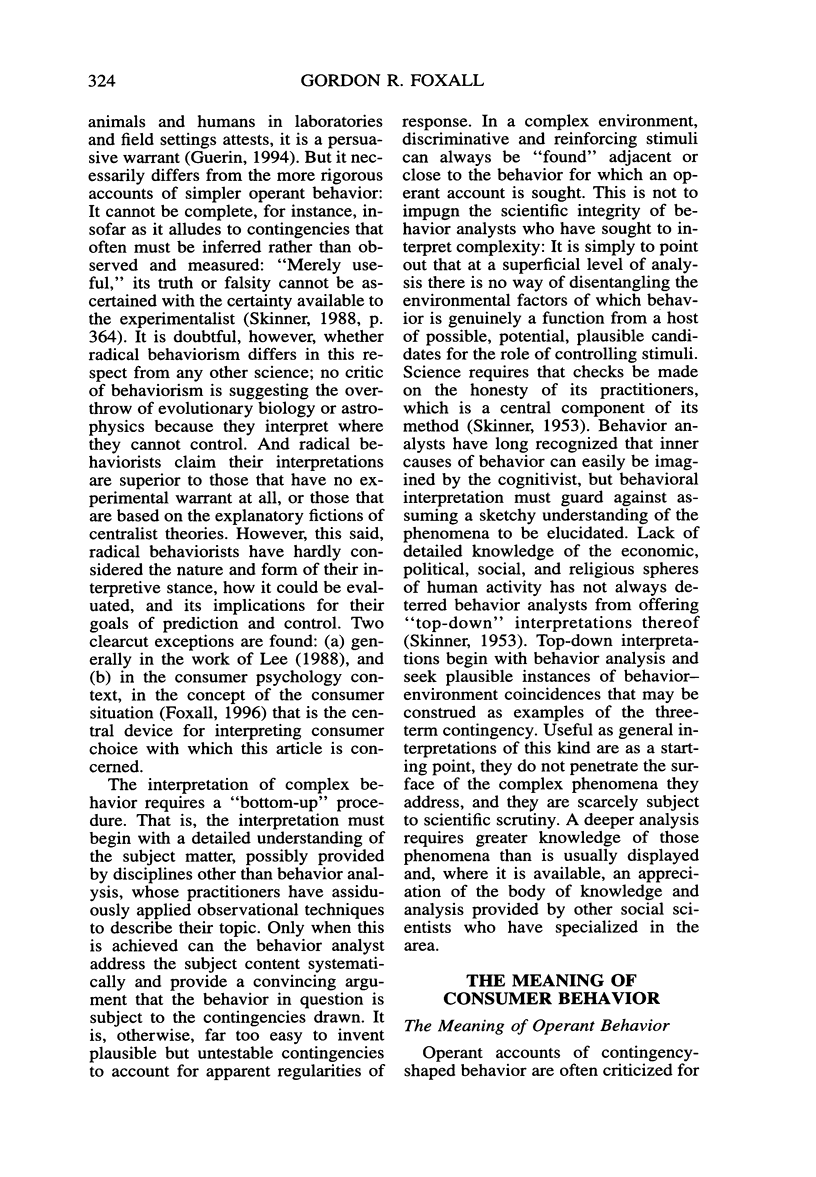
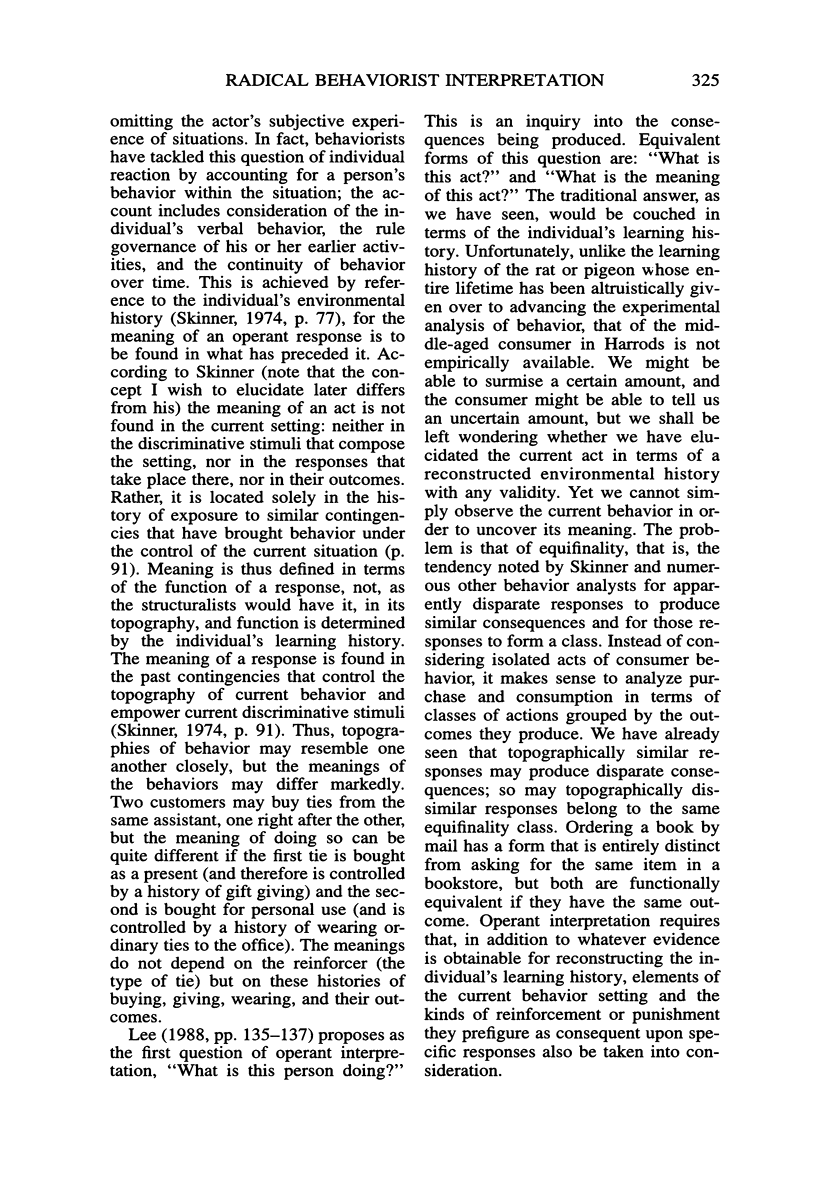
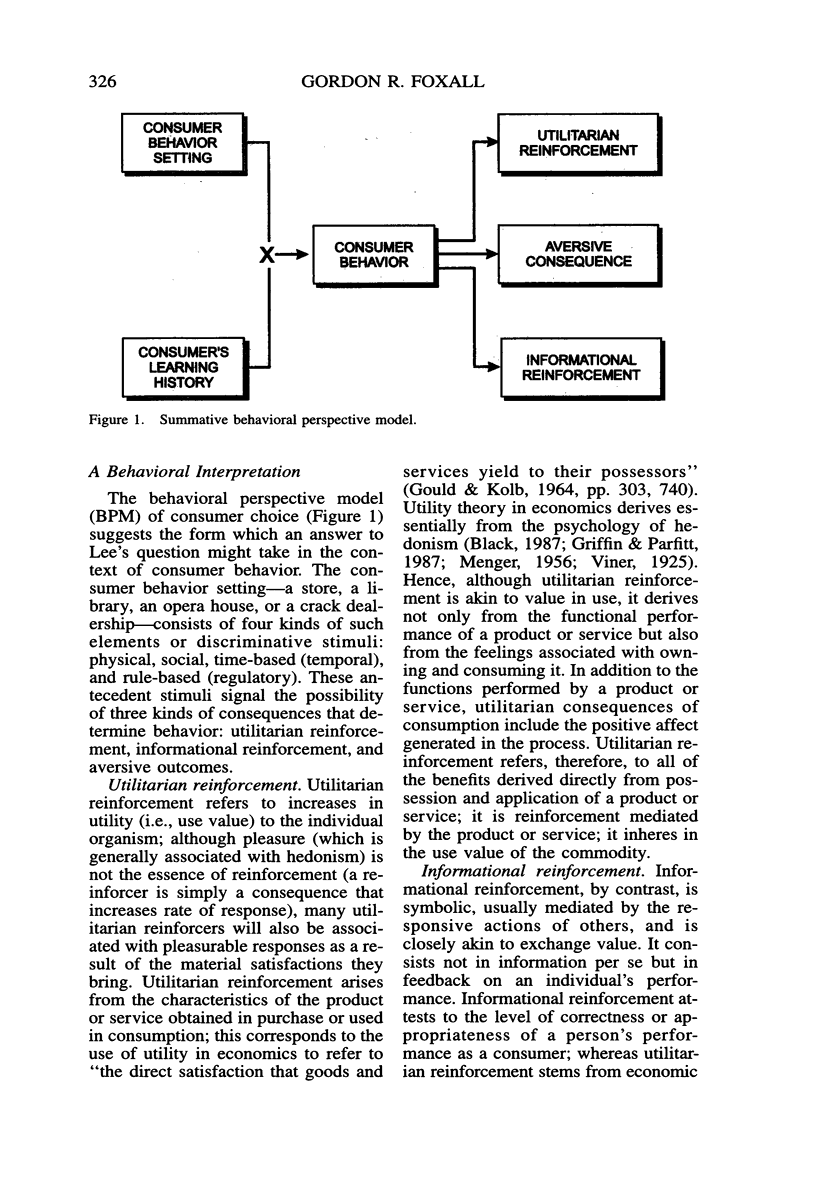
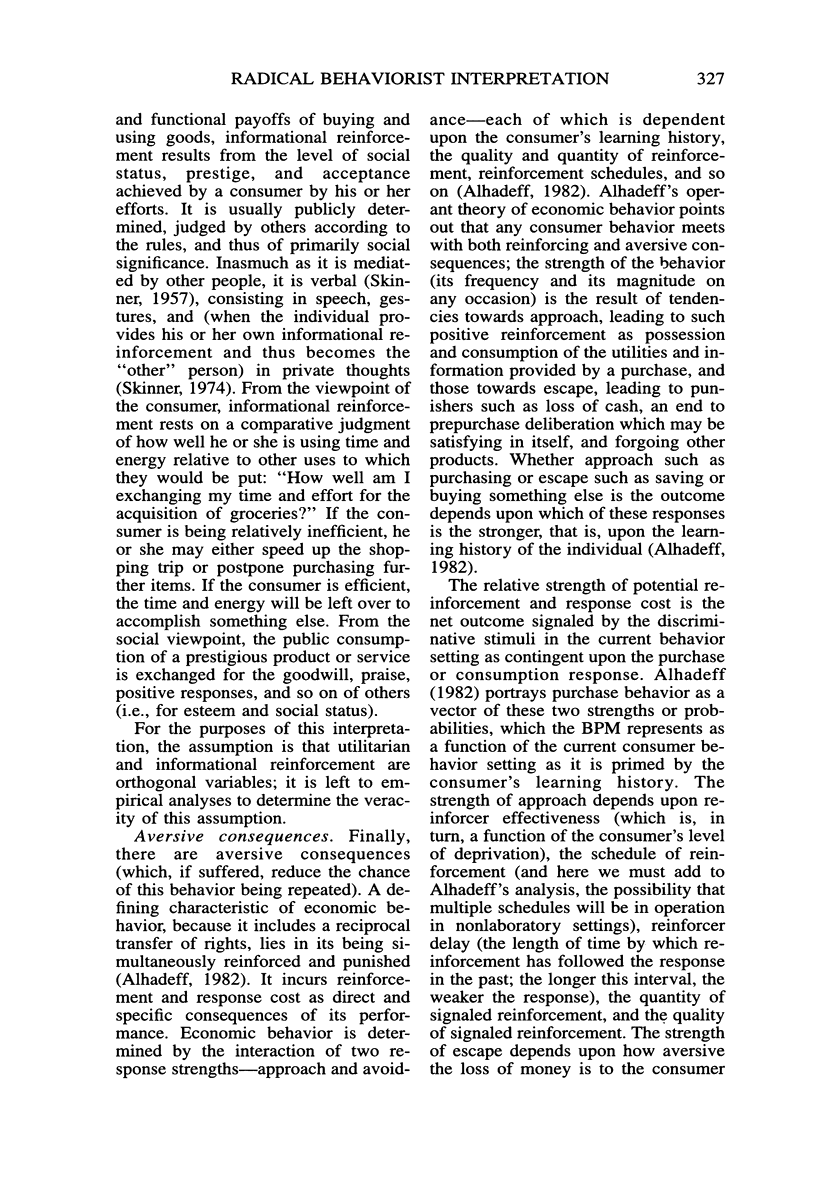
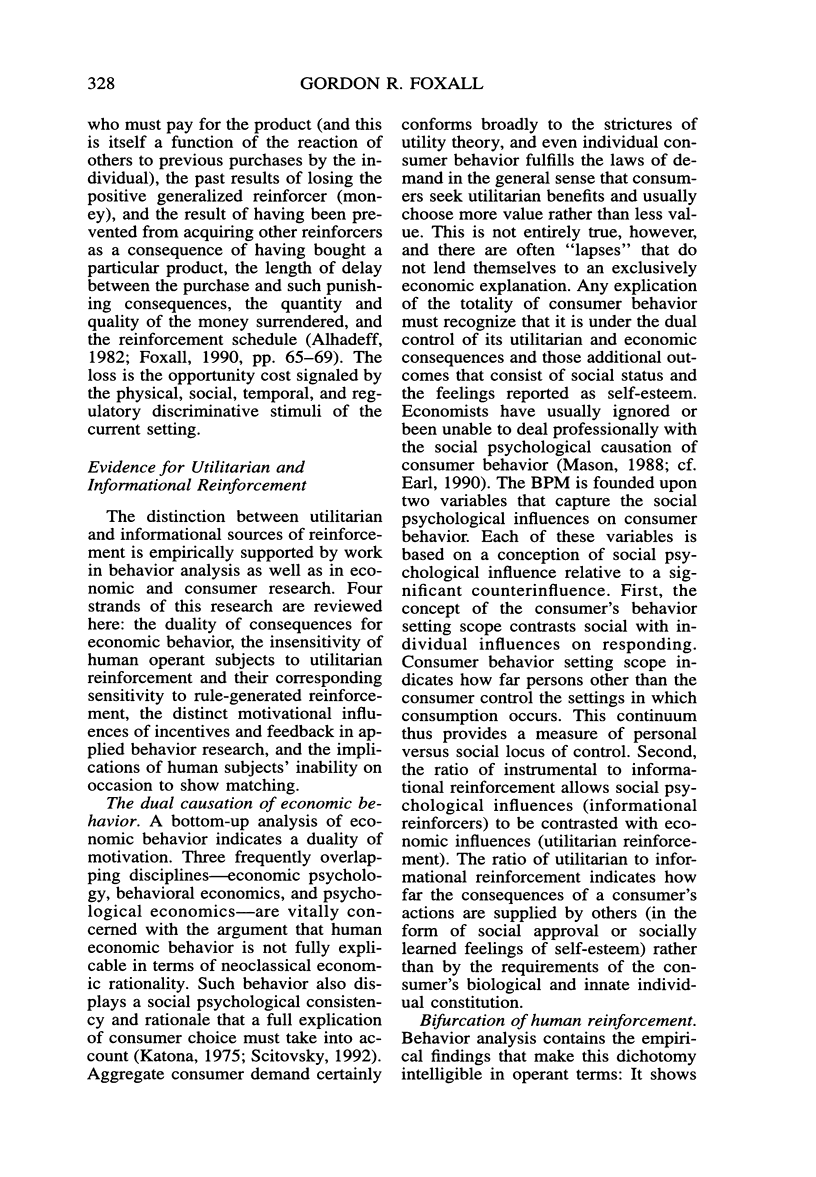
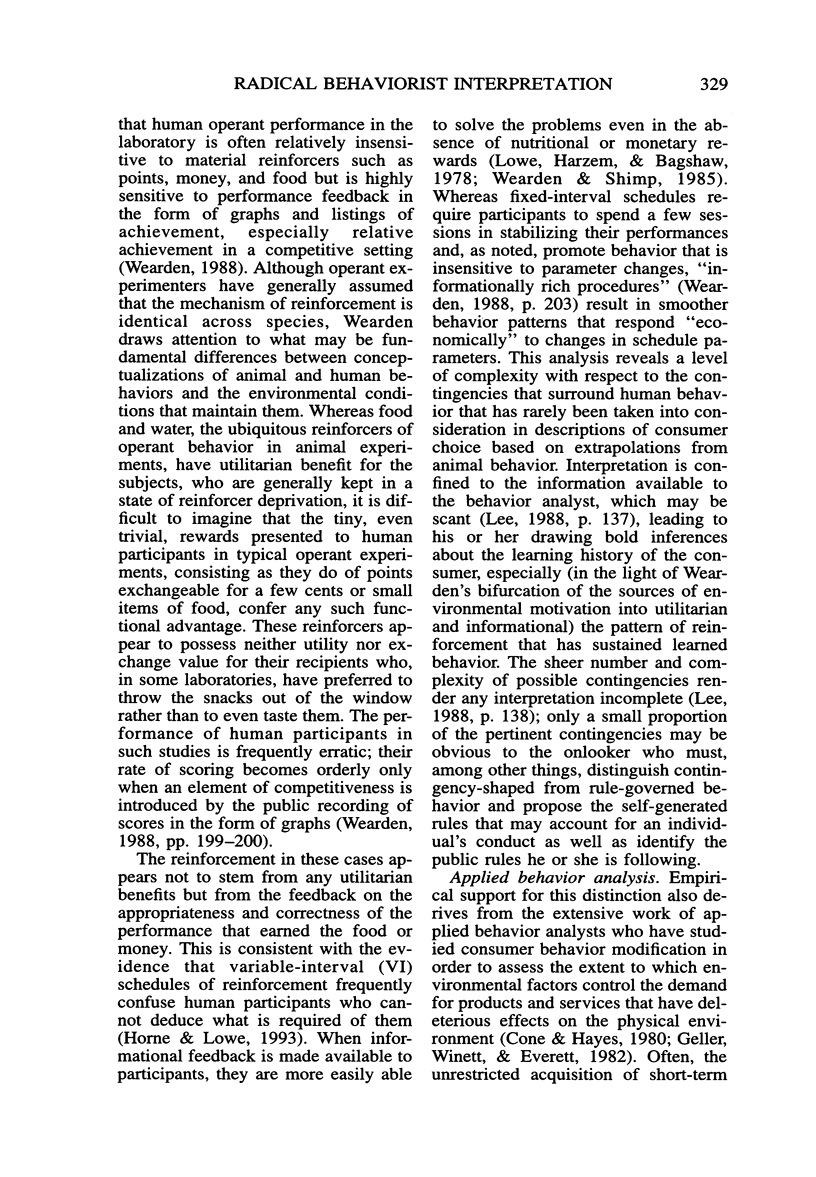
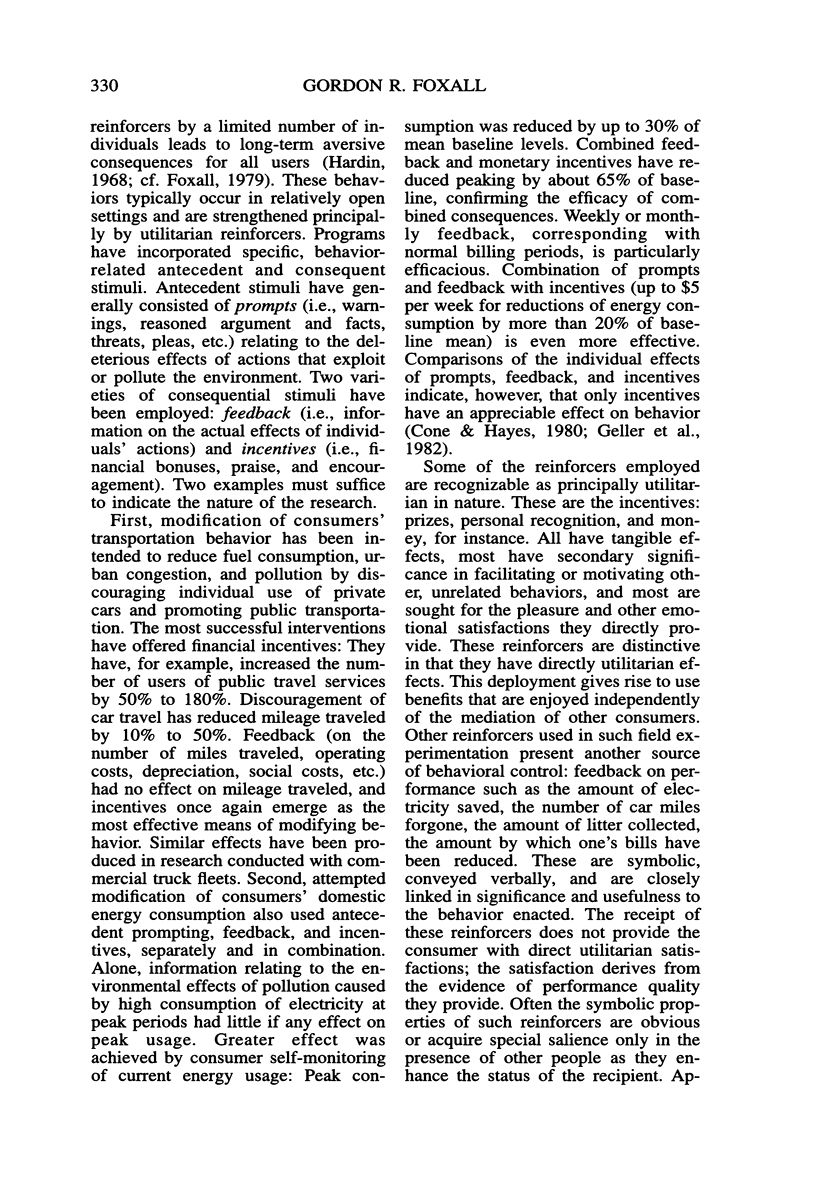
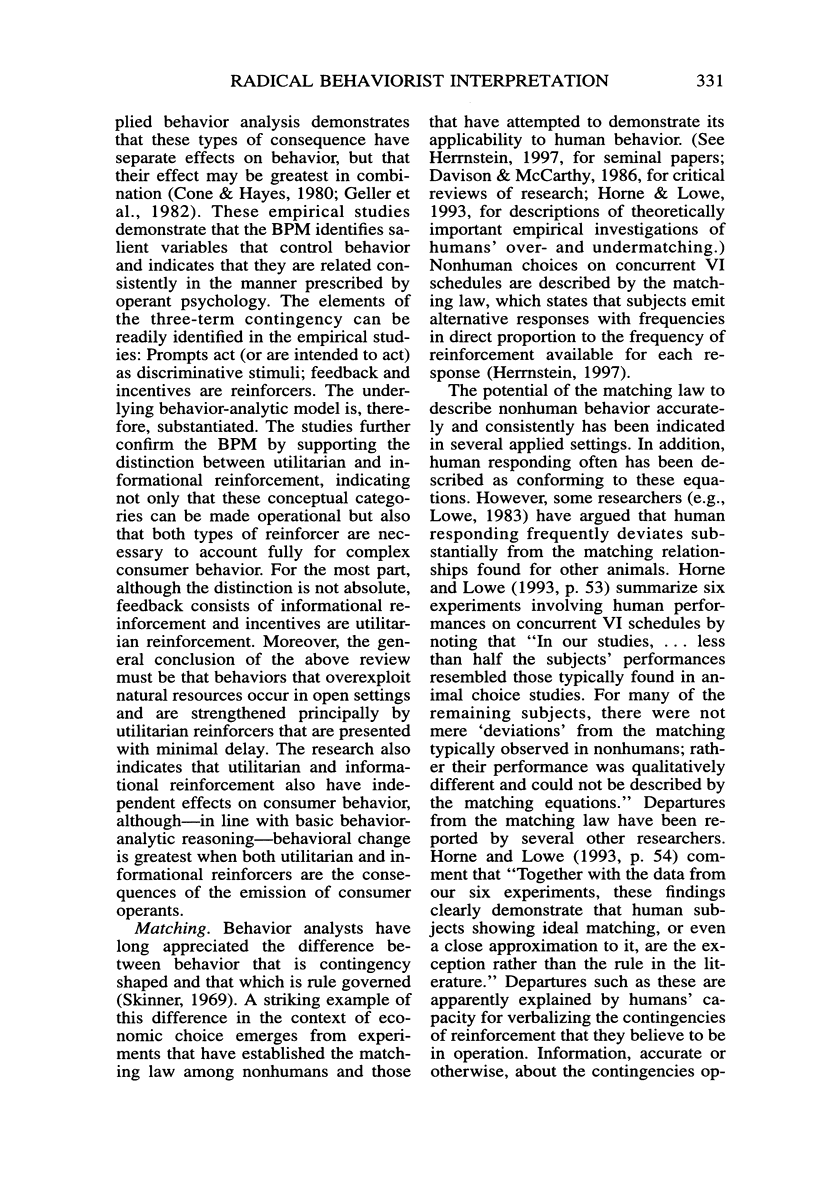
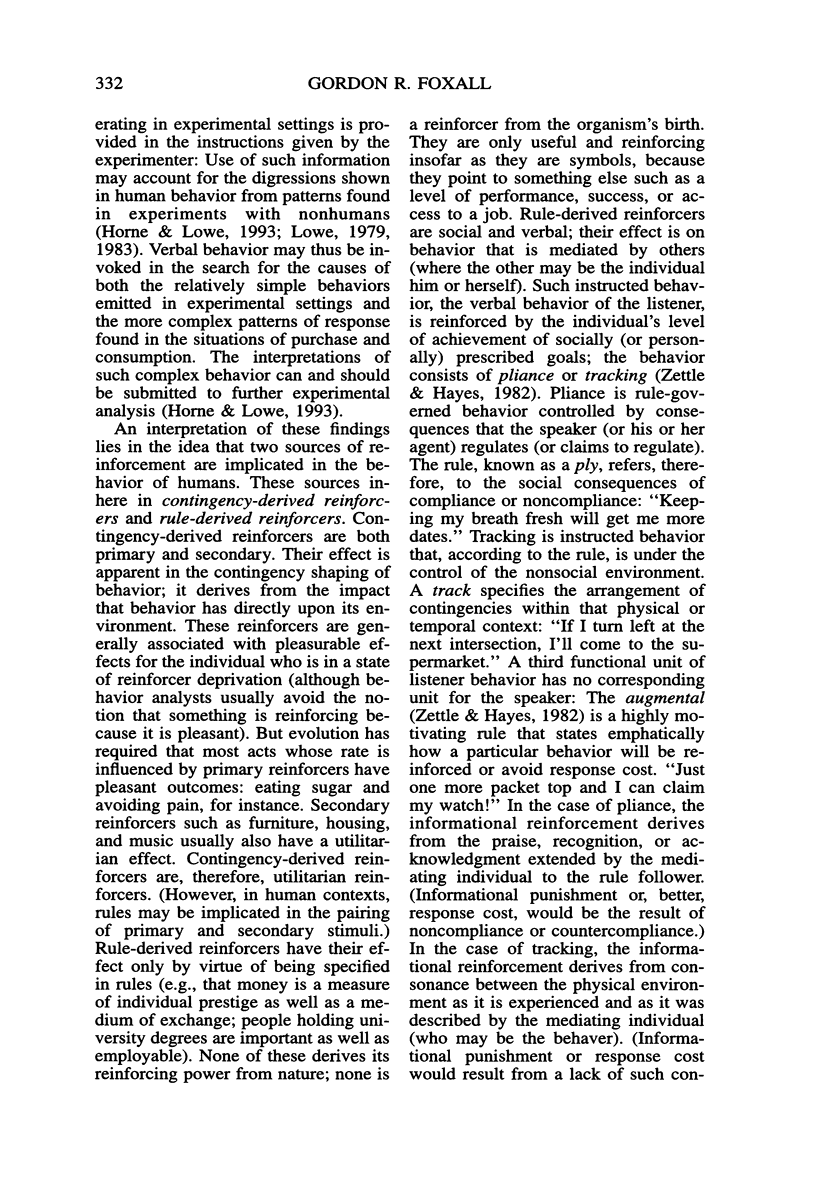
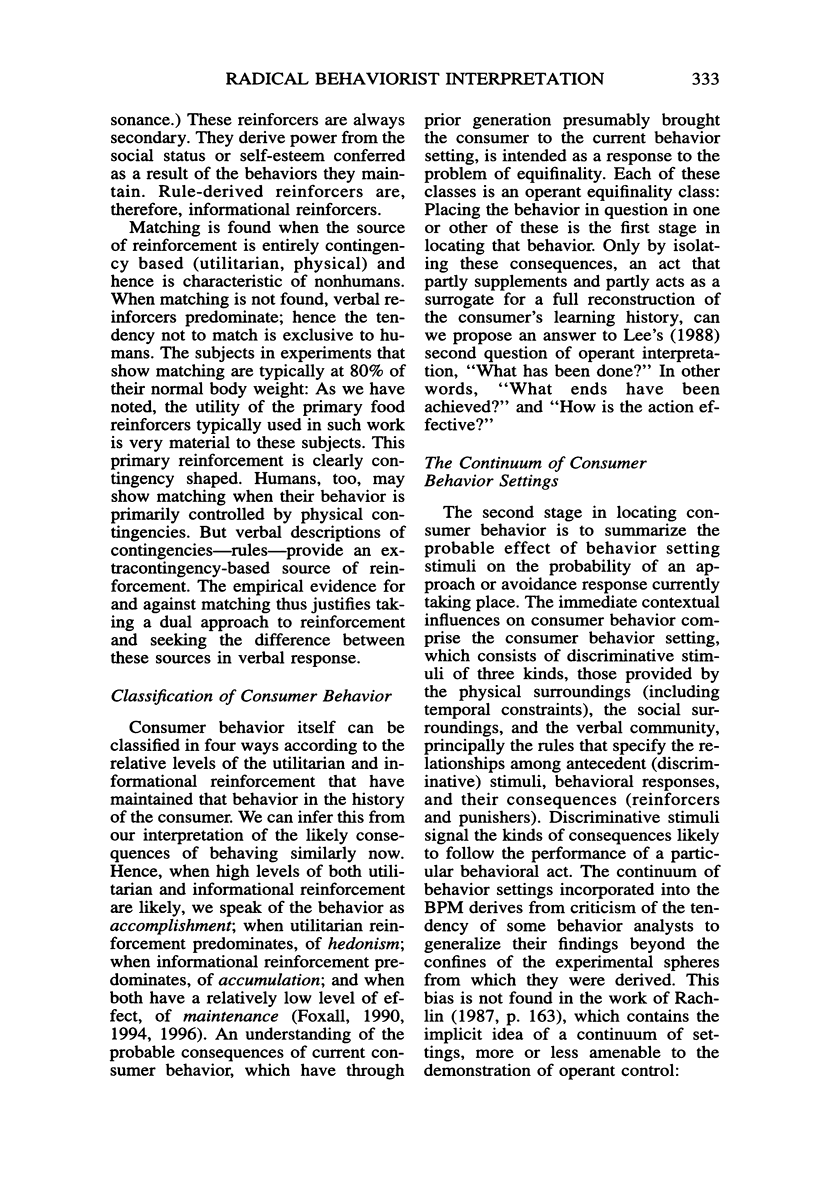
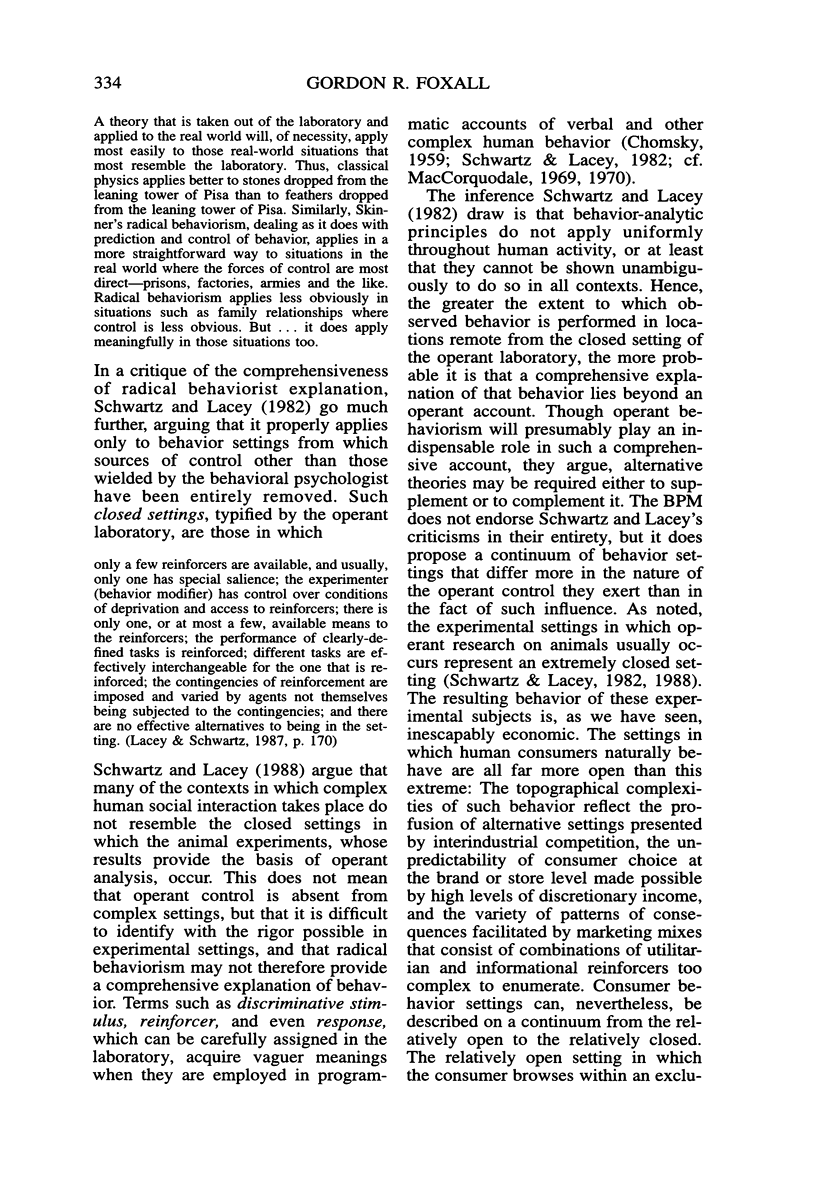
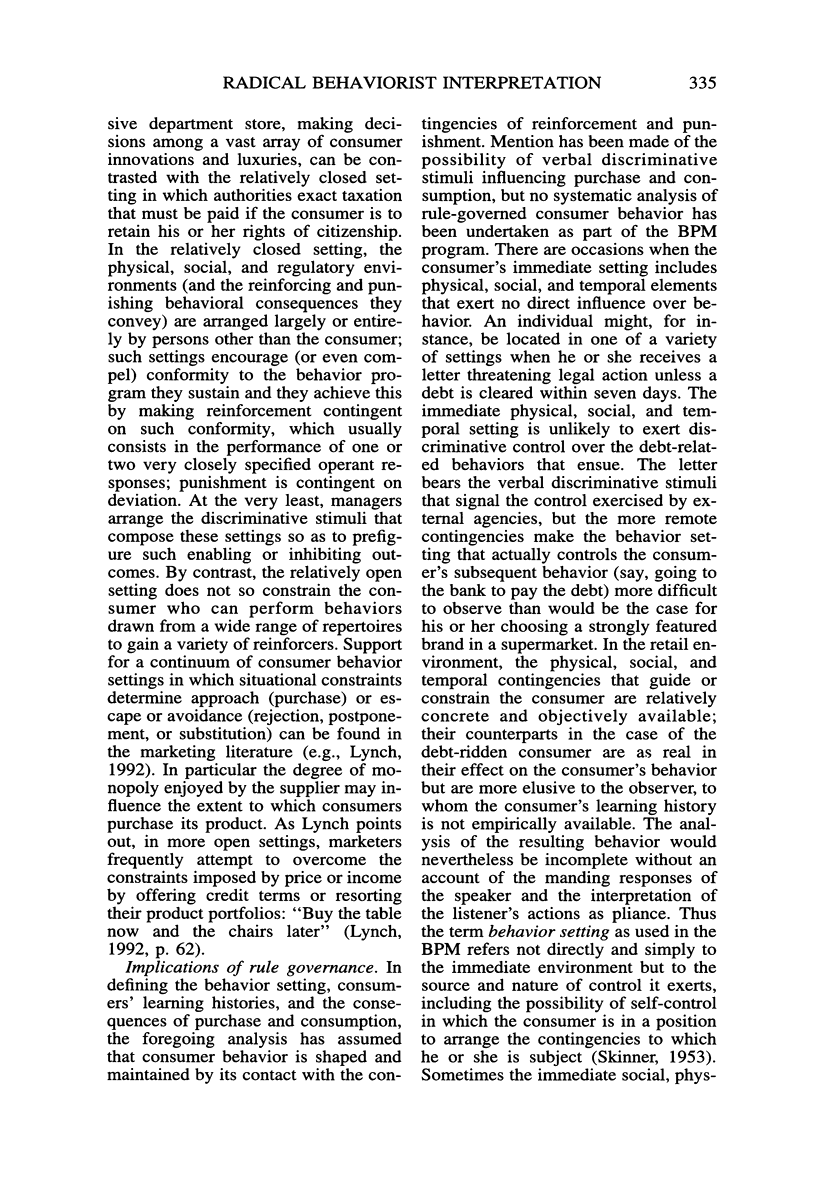
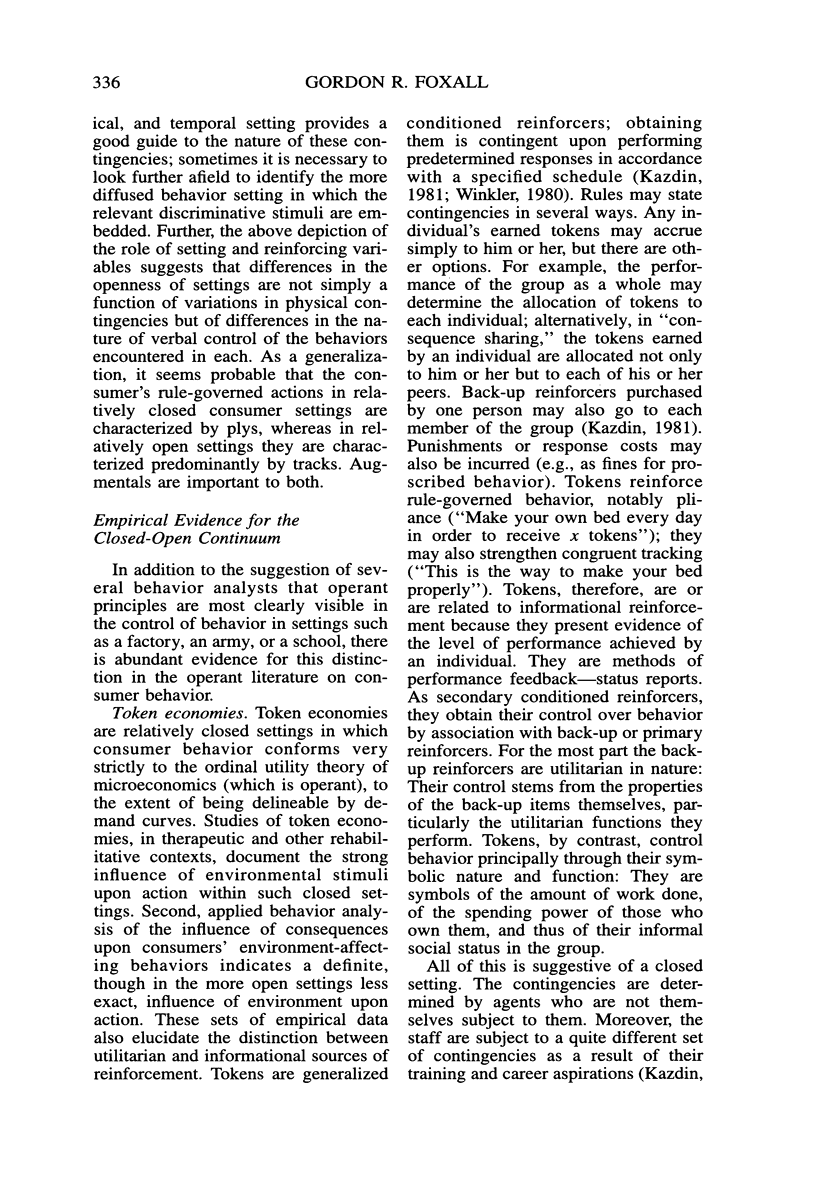
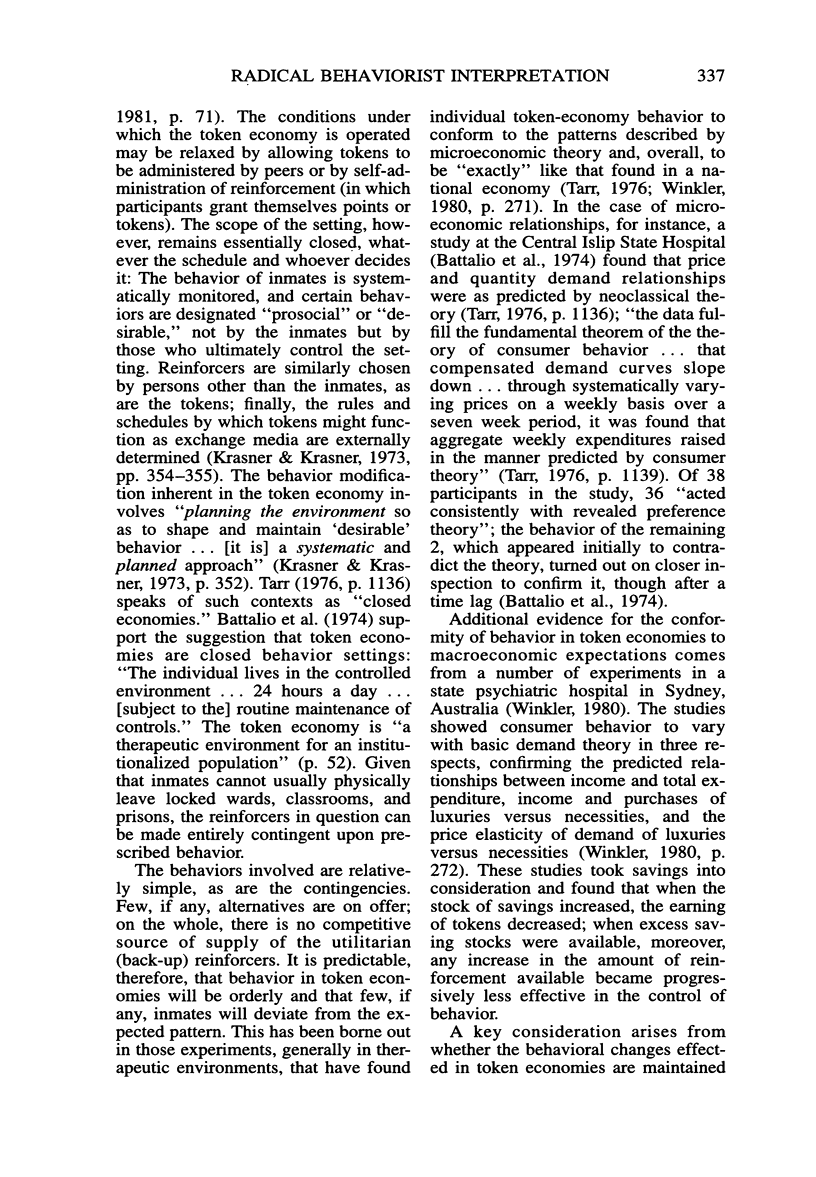
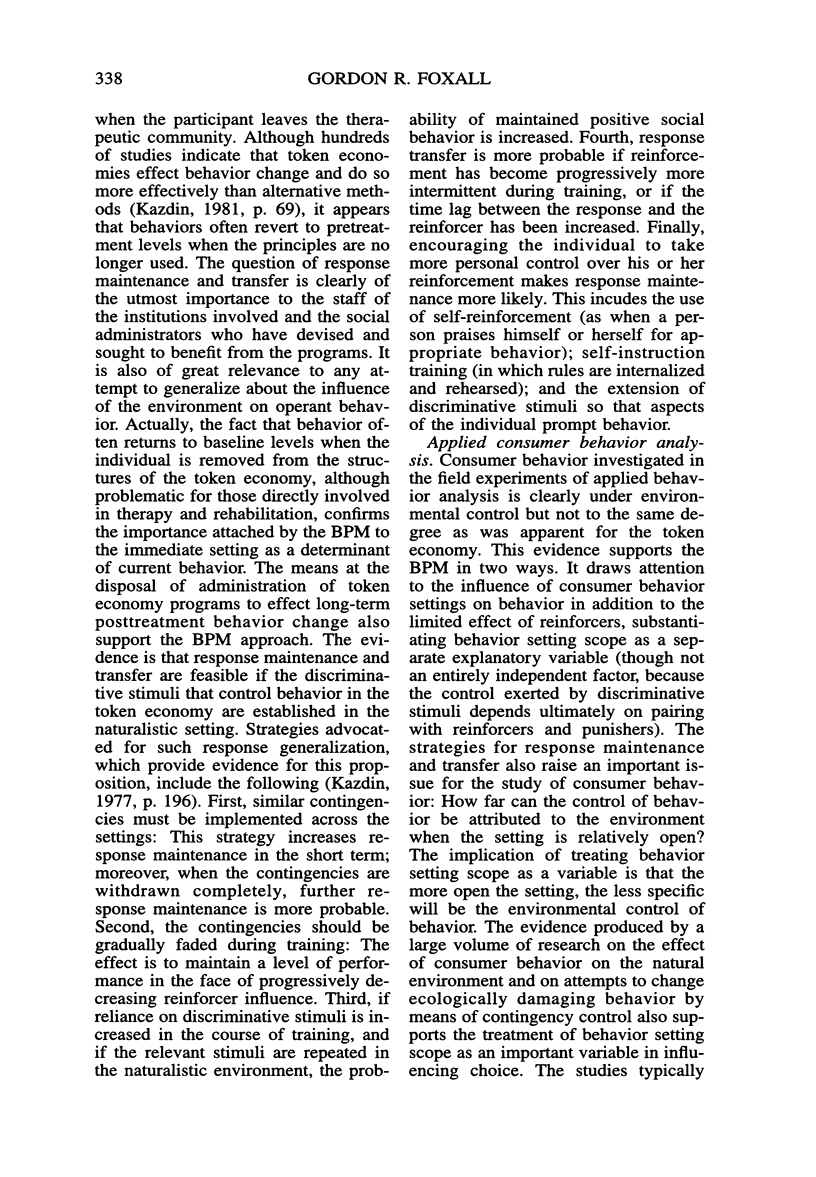
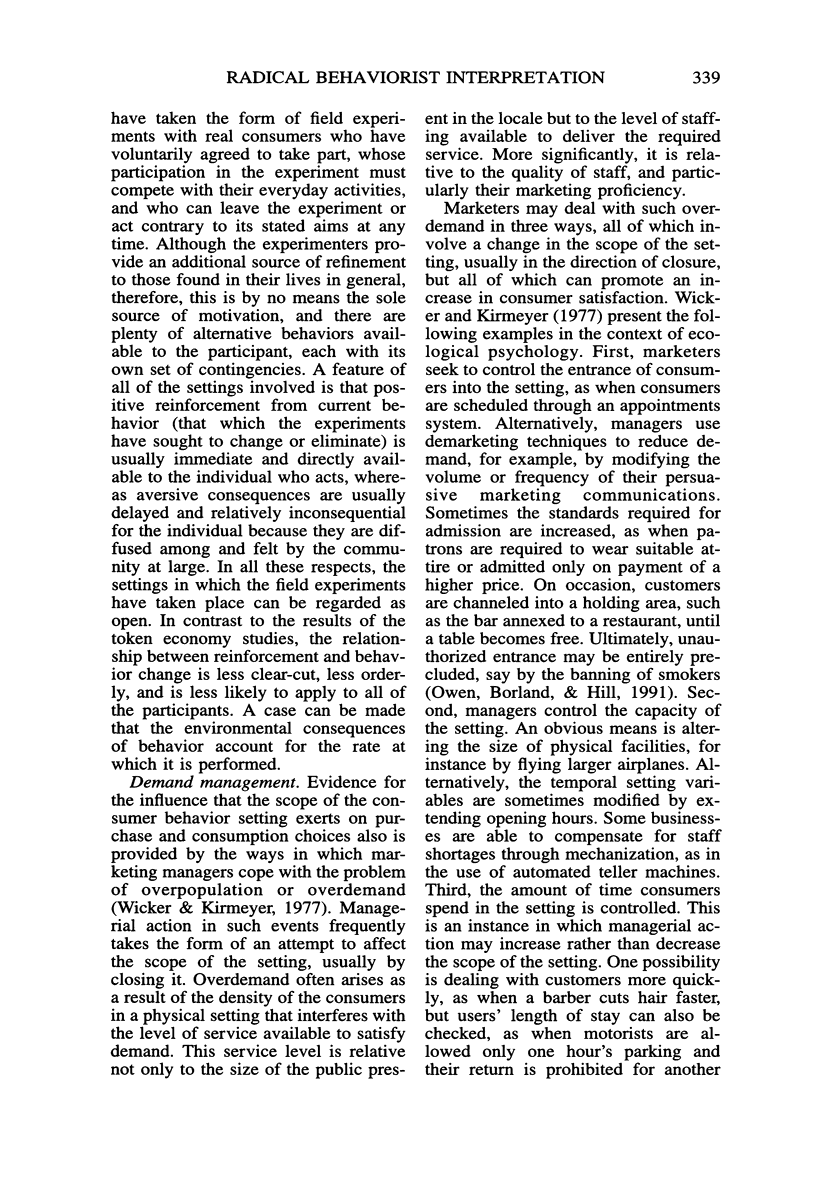
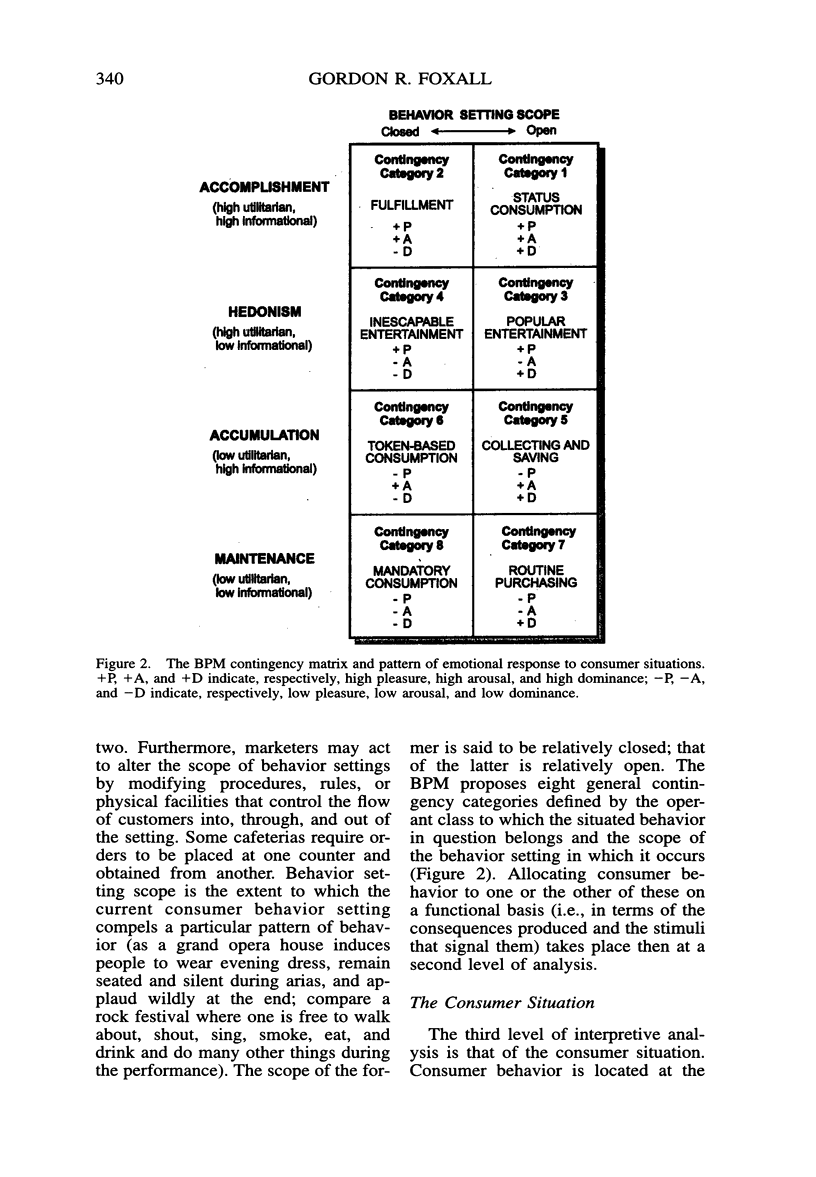
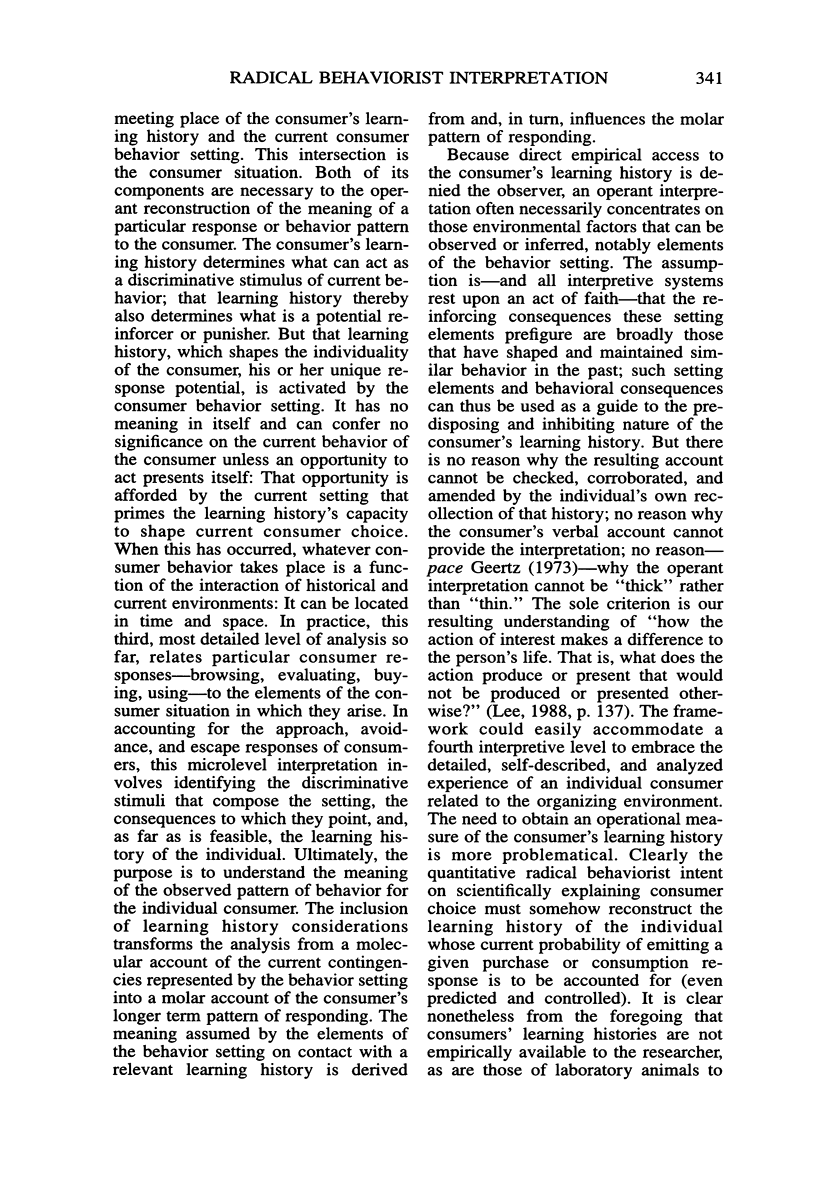
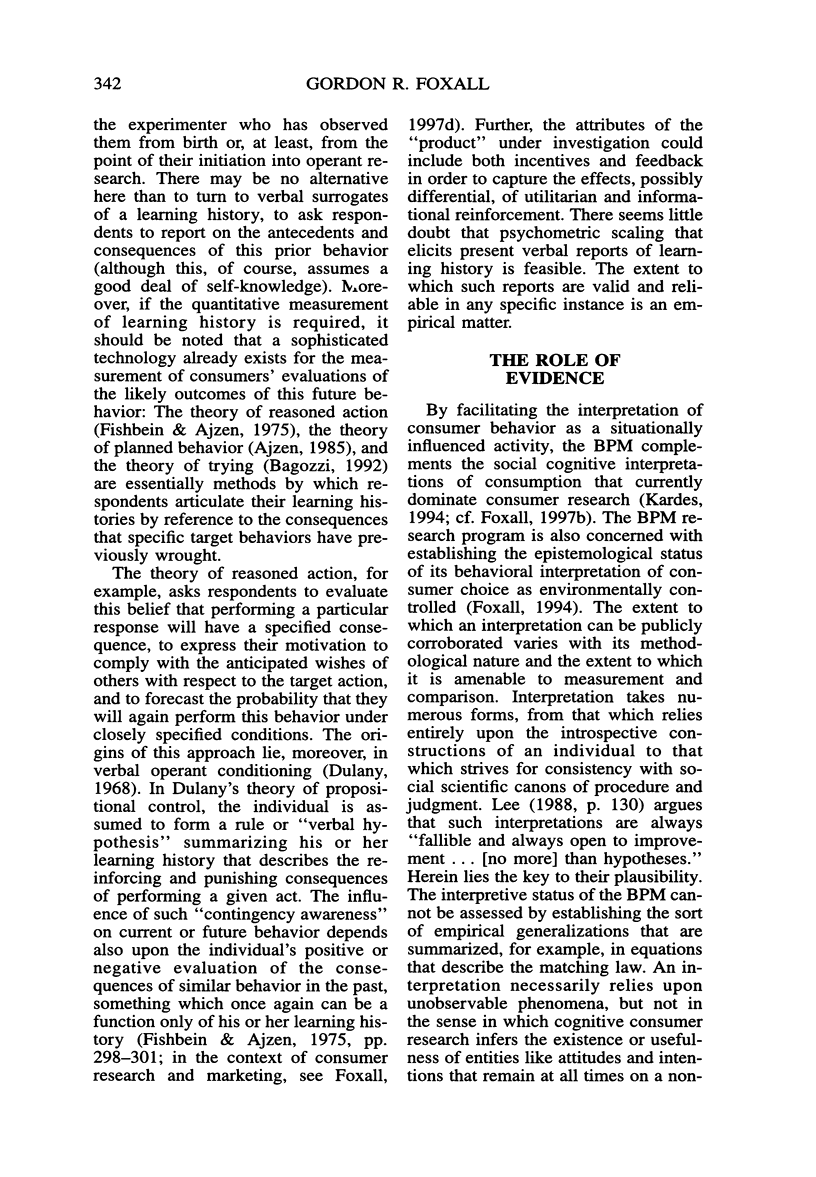
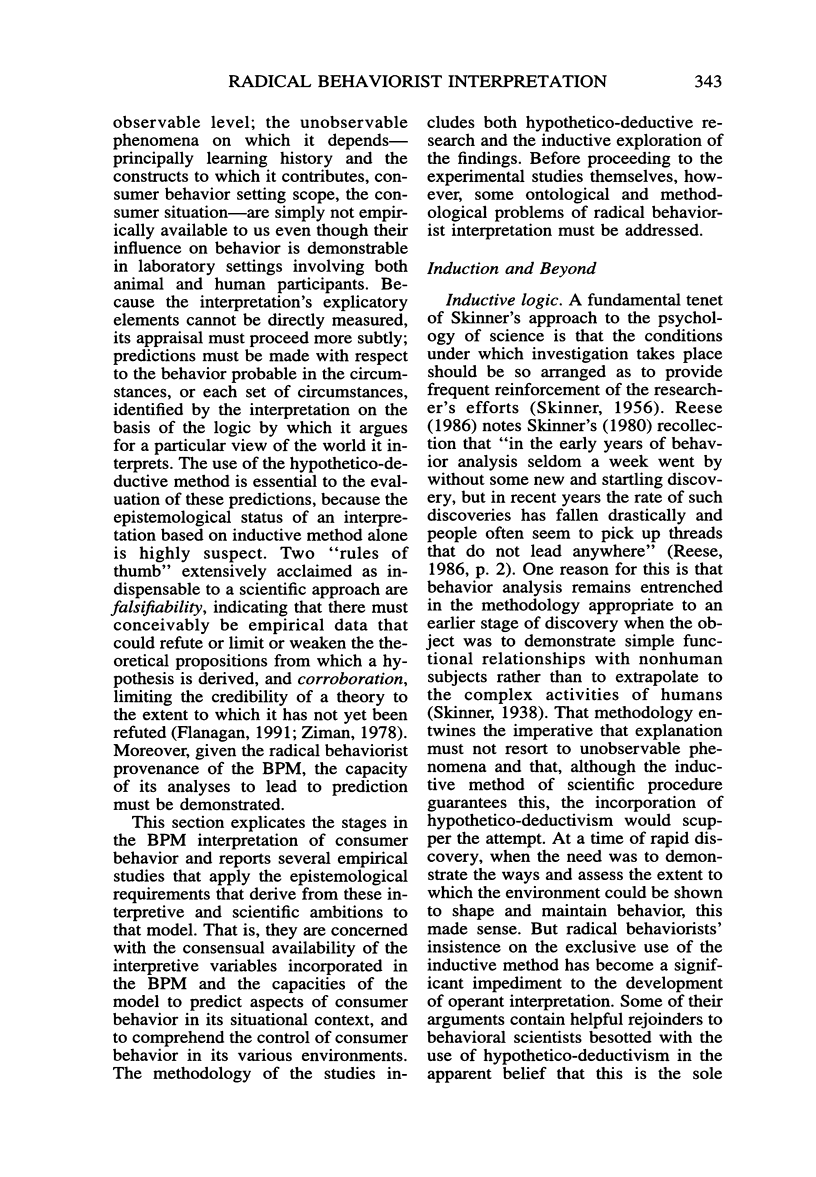
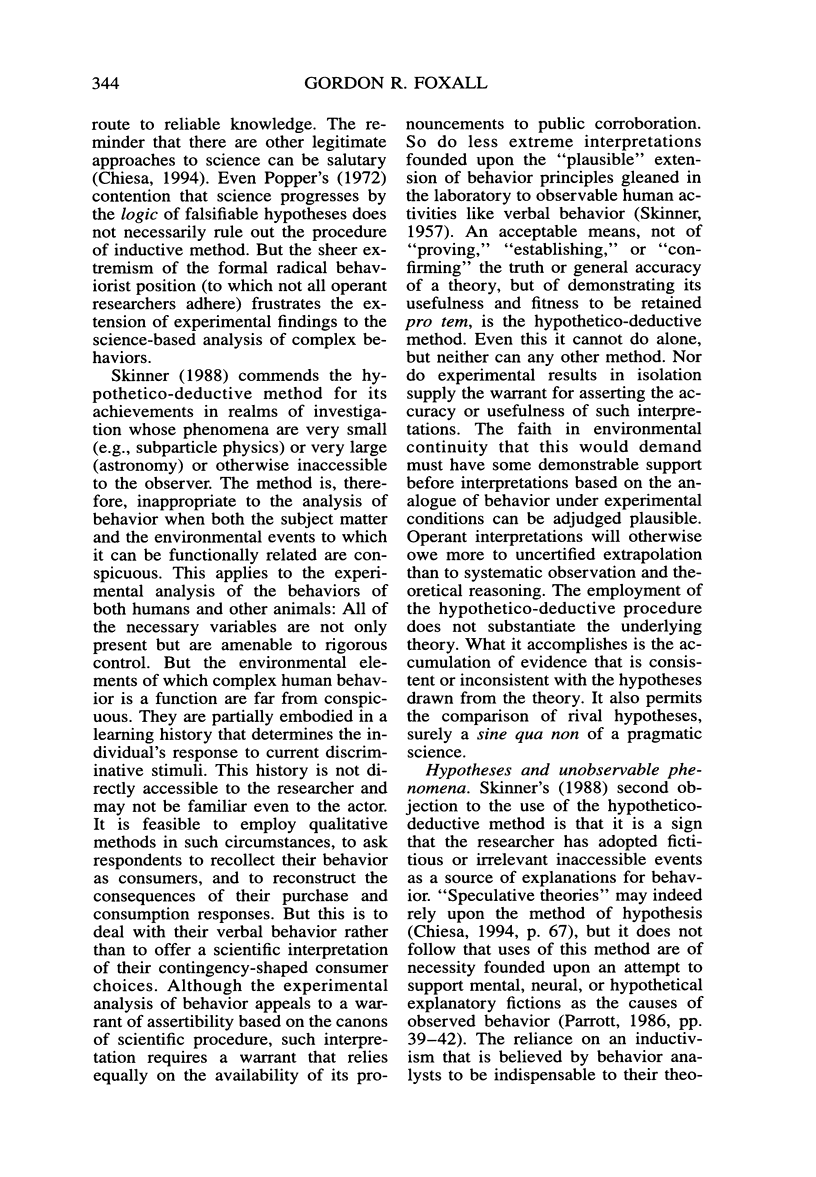
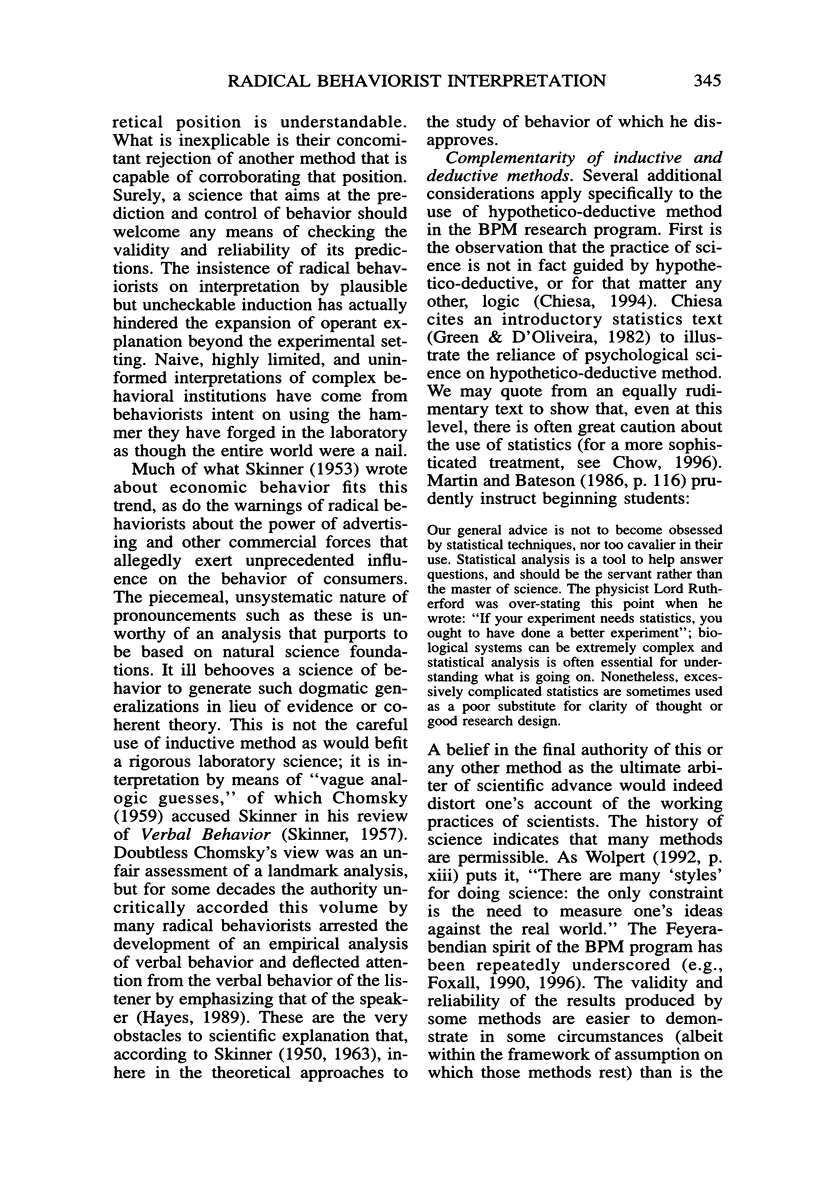
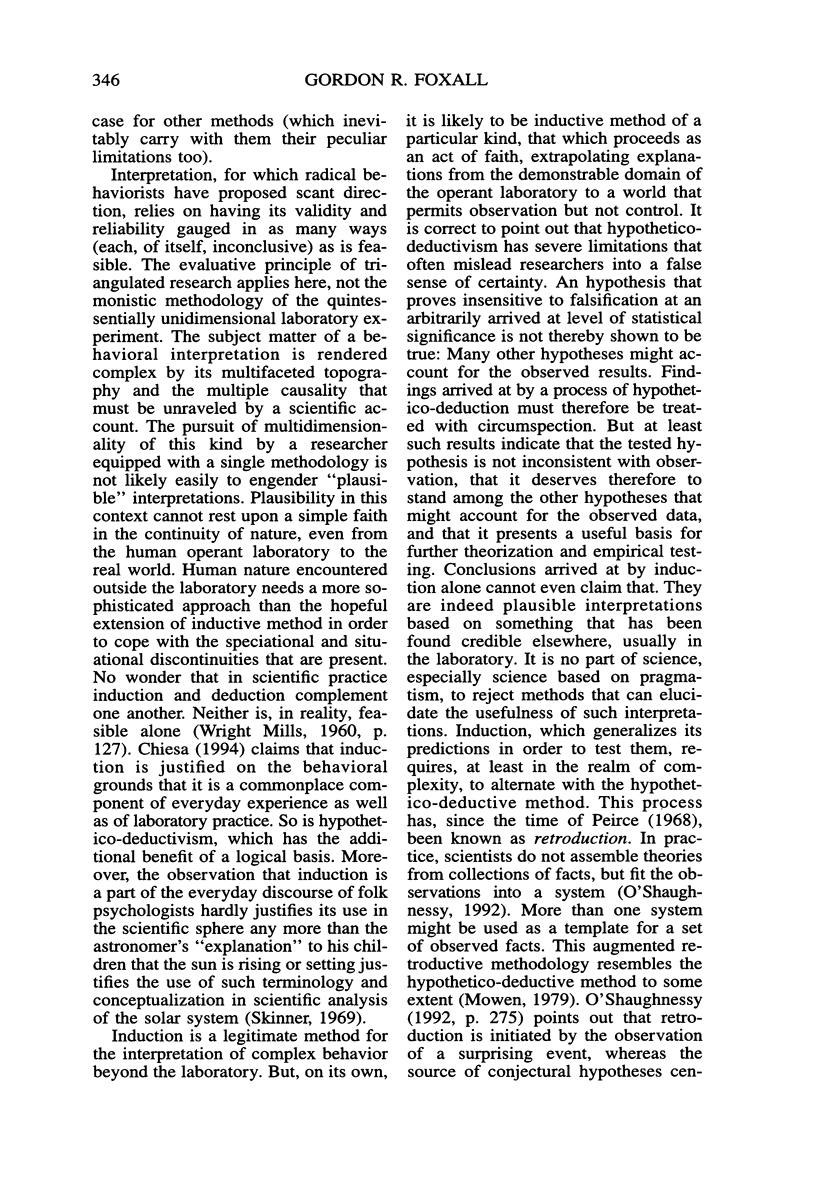
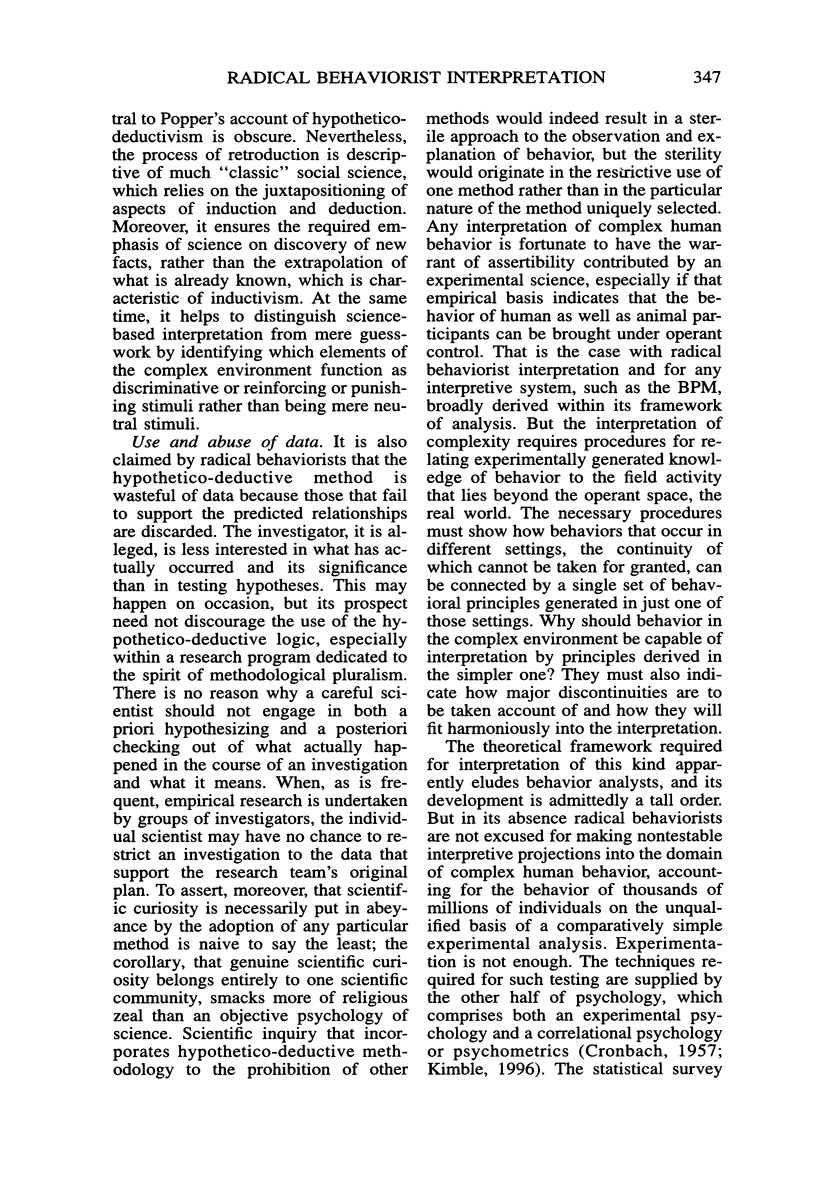
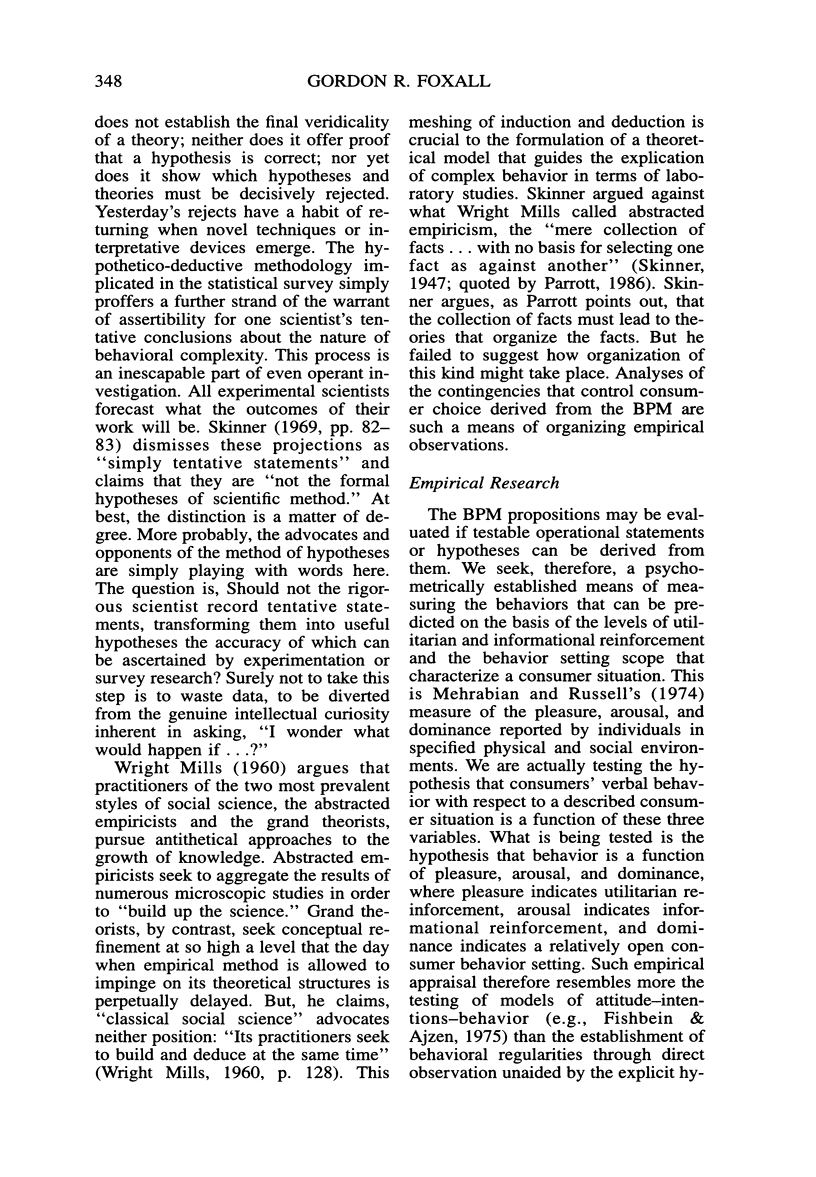
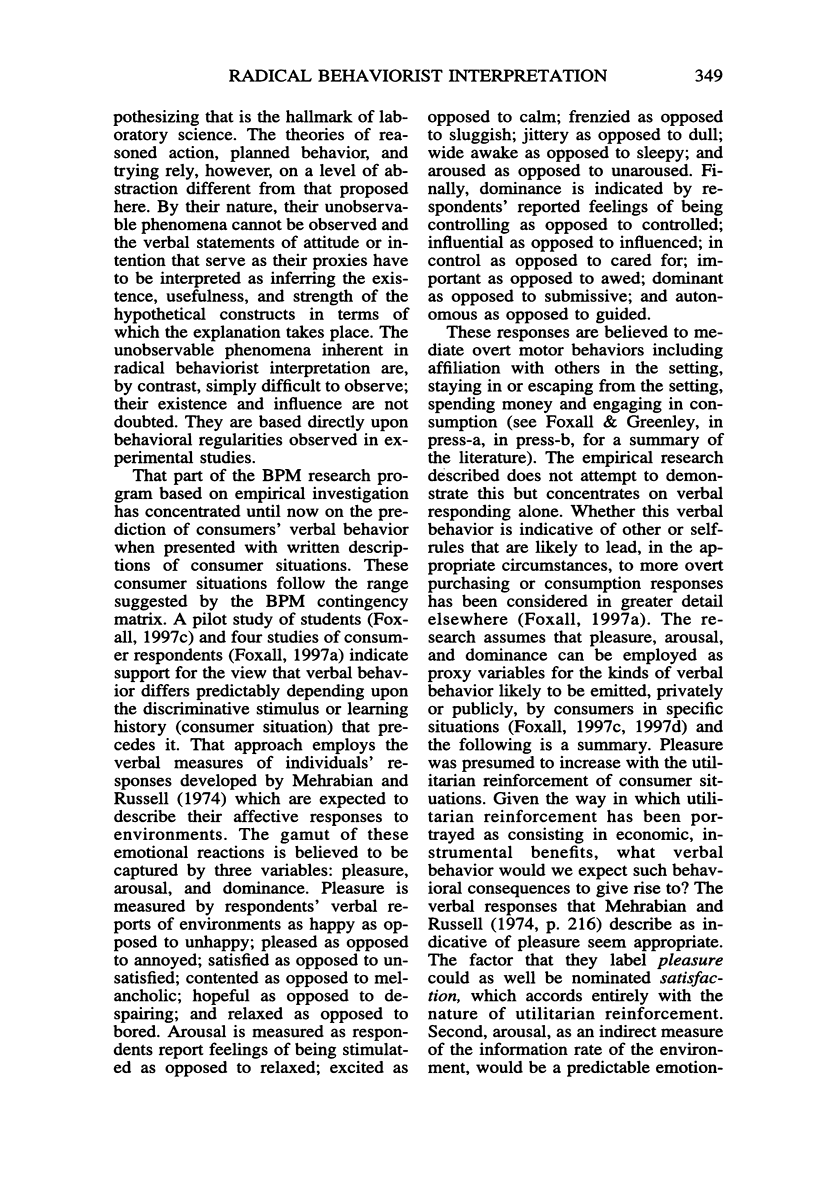
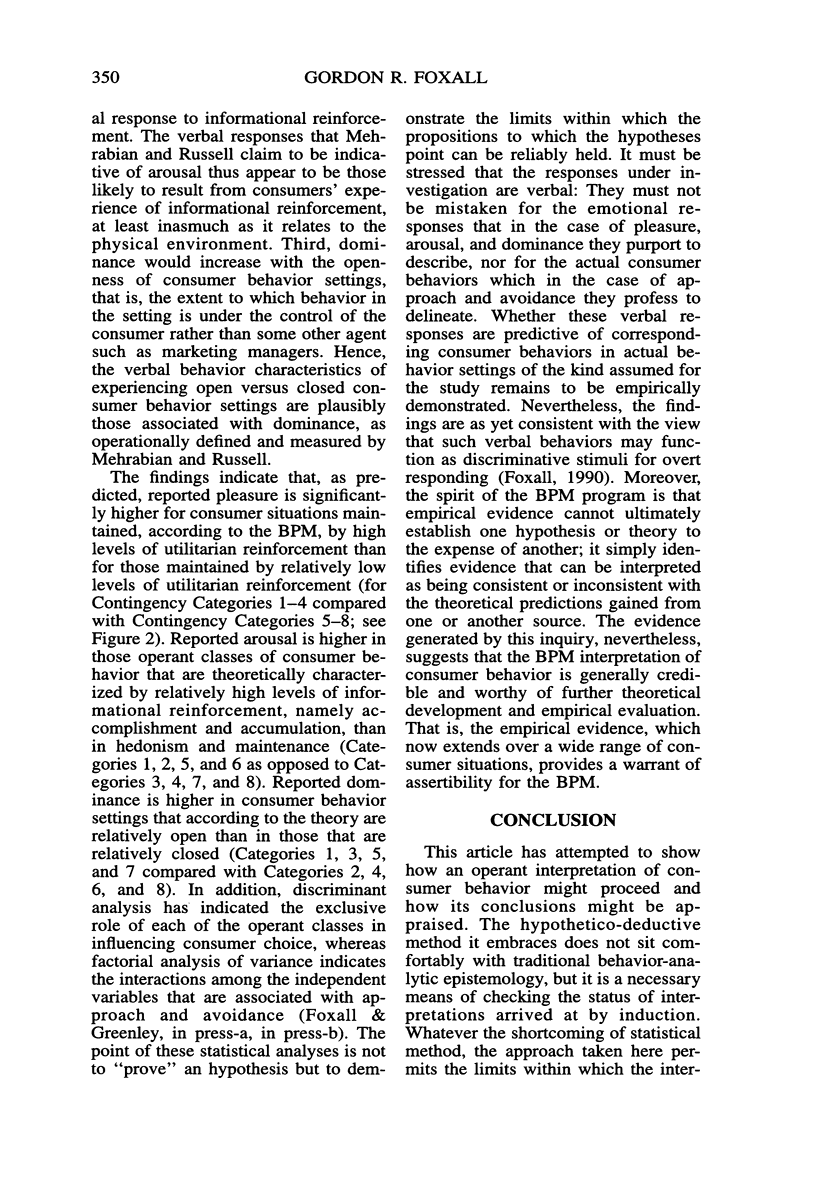
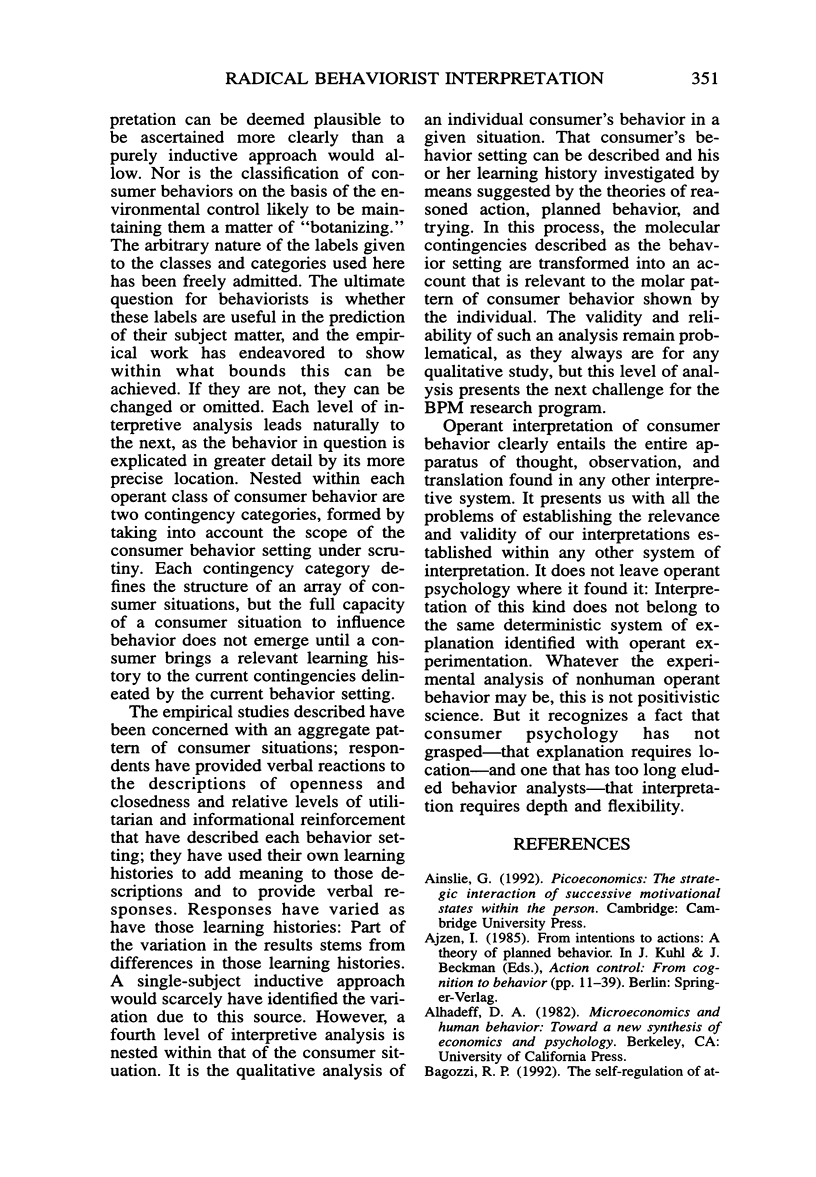
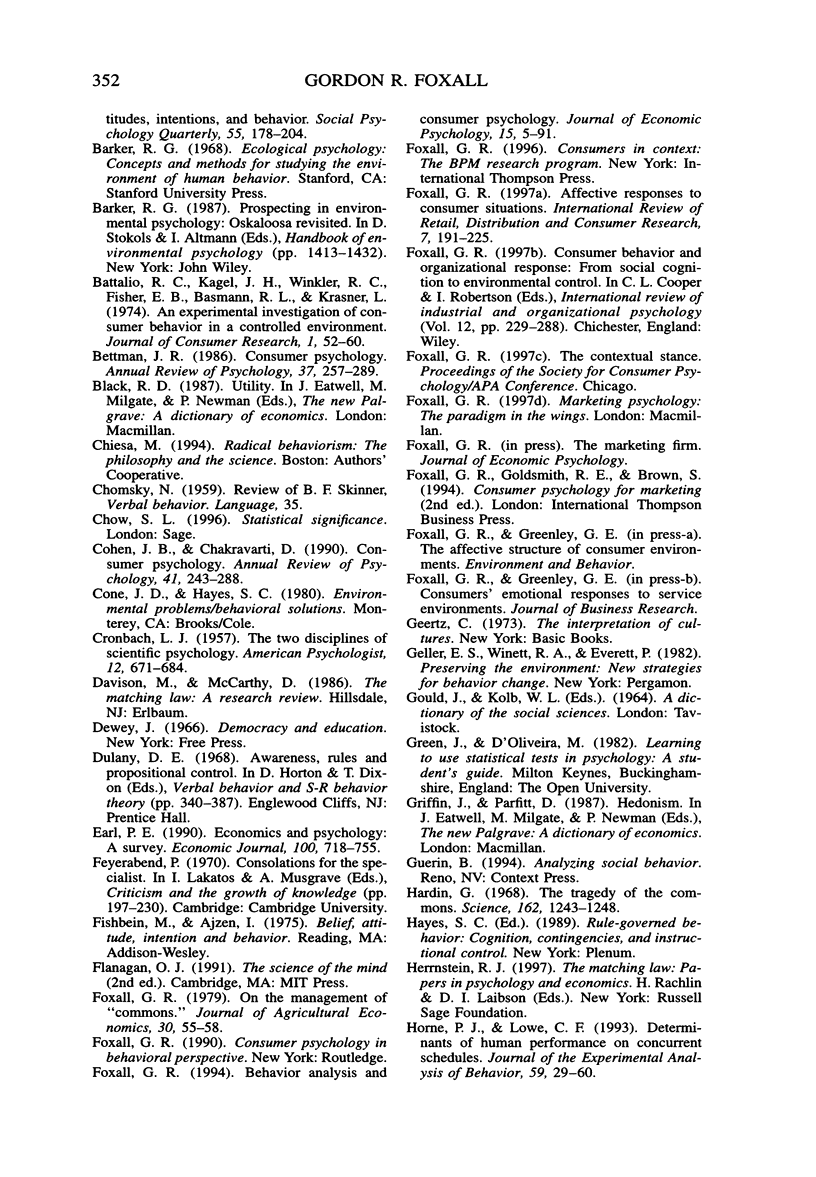
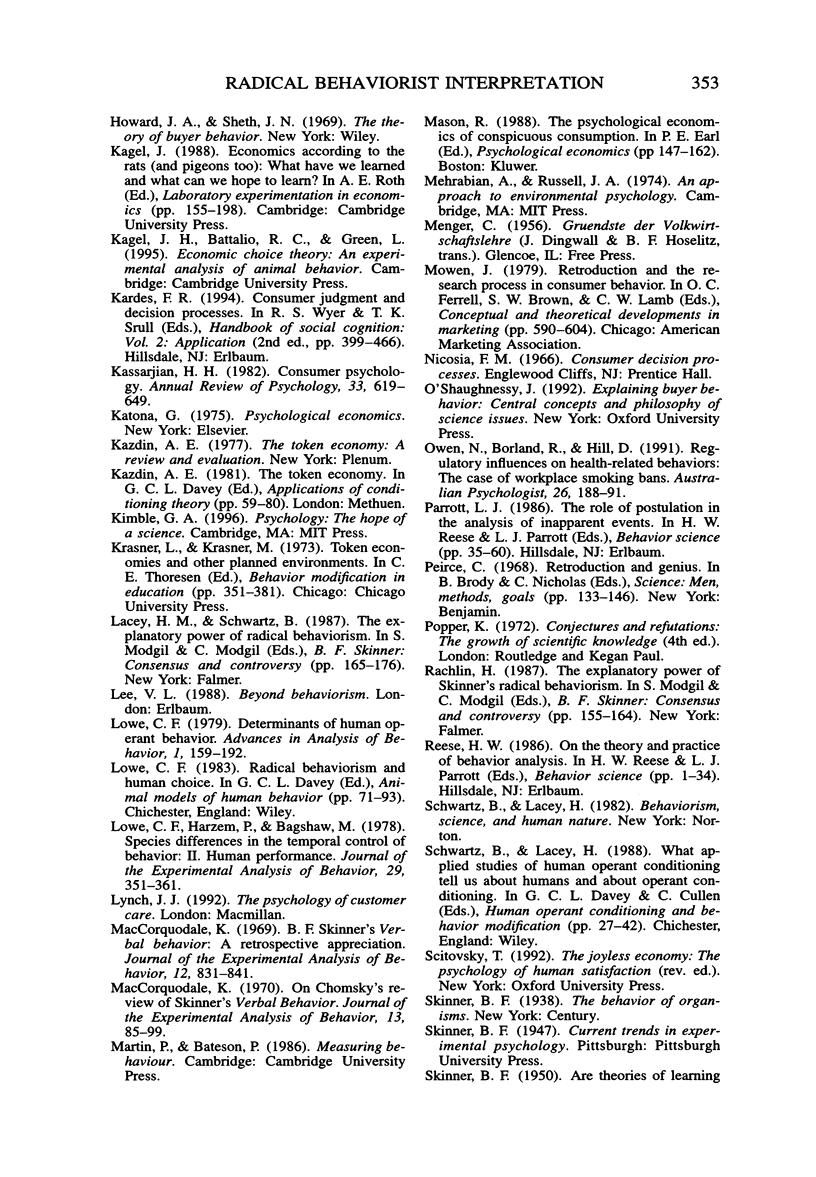
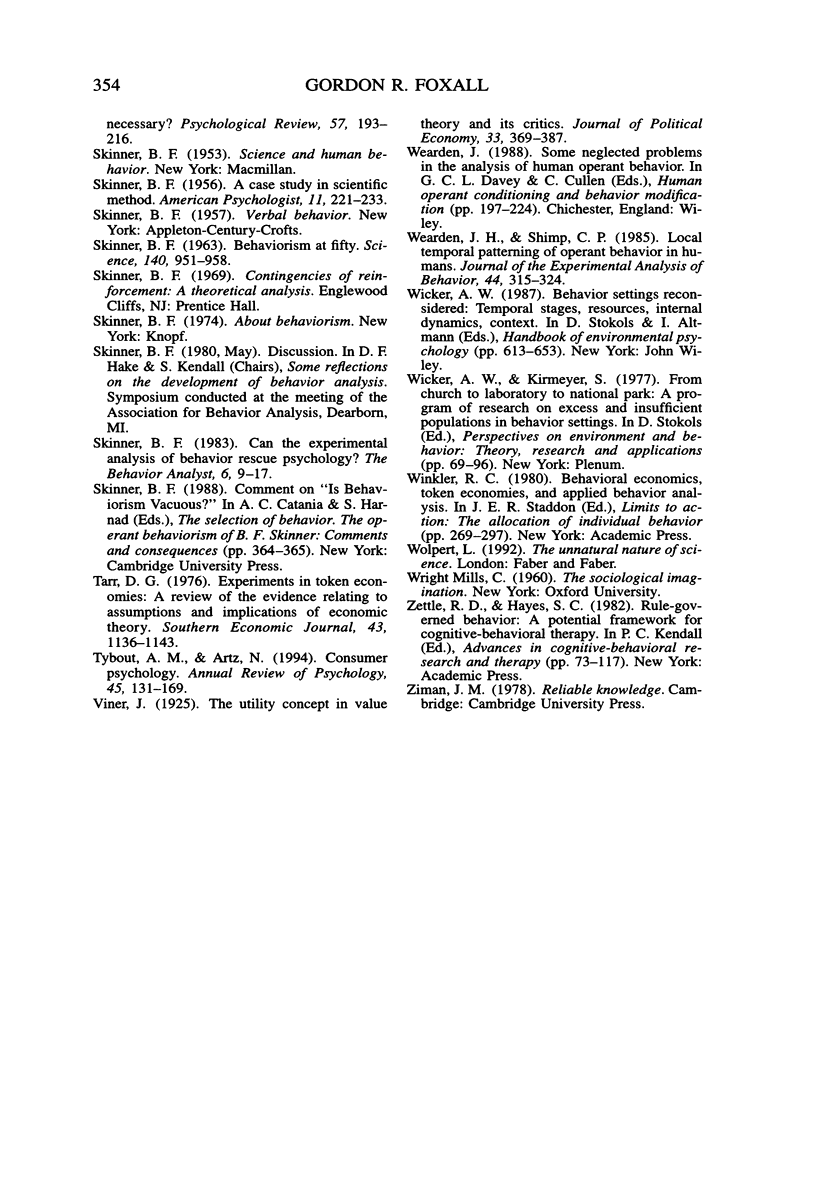
Selected References
These references are in PubMed. This may not be the complete list of references from this article.
- Hardin G. The tragedy of the commons. The population problem has no technical solution; it requires a fundamental extension in morality. Science. 1968 Dec 13;162(3859):1243–1248. [PubMed] [Google Scholar]
- Horne P. J., Lowe C. F. Determinants of human performance on concurrent schedules. J Exp Anal Behav. 1993 Jan;59(1):29–60. doi: 10.1901/jeab.1993.59-29. [DOI] [PMC free article] [PubMed] [Google Scholar]
- Lowe C. F., Harzem P., Bagshaw M. Species differences in temporal control of behavior II: human performance. J Exp Anal Behav. 1978 May;29(3):351–361. doi: 10.1901/jeab.1978.29-351. [DOI] [PMC free article] [PubMed] [Google Scholar]
- MacCorquodale K. B. F. Skinner's verbal behavior: a retrospective appreciation. J Exp Anal Behav. 1969 Sep;12(5):831–841. doi: 10.1901/jeab.1969.12-831. [DOI] [PMC free article] [PubMed] [Google Scholar]
- doi: 10.1901/jeab.1970.13-83. [DOI] [PMC free article] [Google Scholar]
- SKINNER B. F. Are theories of learning necessary? Psychol Rev. 1950 Jul;57(4):193–216. doi: 10.1037/h0054367. [DOI] [PubMed] [Google Scholar]
- SKINNER B. F. Behaviorism at fifty. Science. 1963 May 31;140(3570):951–958. doi: 10.1126/science.140.3570.951. [DOI] [PubMed] [Google Scholar]
- Skinner B. F. Can the experimental analysis of behavior rescue psychology? Behav Anal. 1983 Spring;6(1):9–17. doi: 10.1007/BF03391869. [DOI] [PMC free article] [PubMed] [Google Scholar]
- Wearden J. H., Shimp C. P. Local temporal pattering of operant behavior in humans. J Exp Anal Behav. 1985 Nov;44(3):315–324. doi: 10.1901/jeab.1985.44-315. [DOI] [PMC free article] [PubMed] [Google Scholar]


